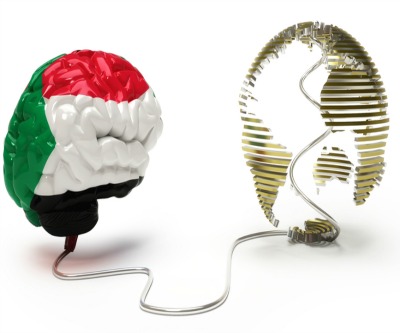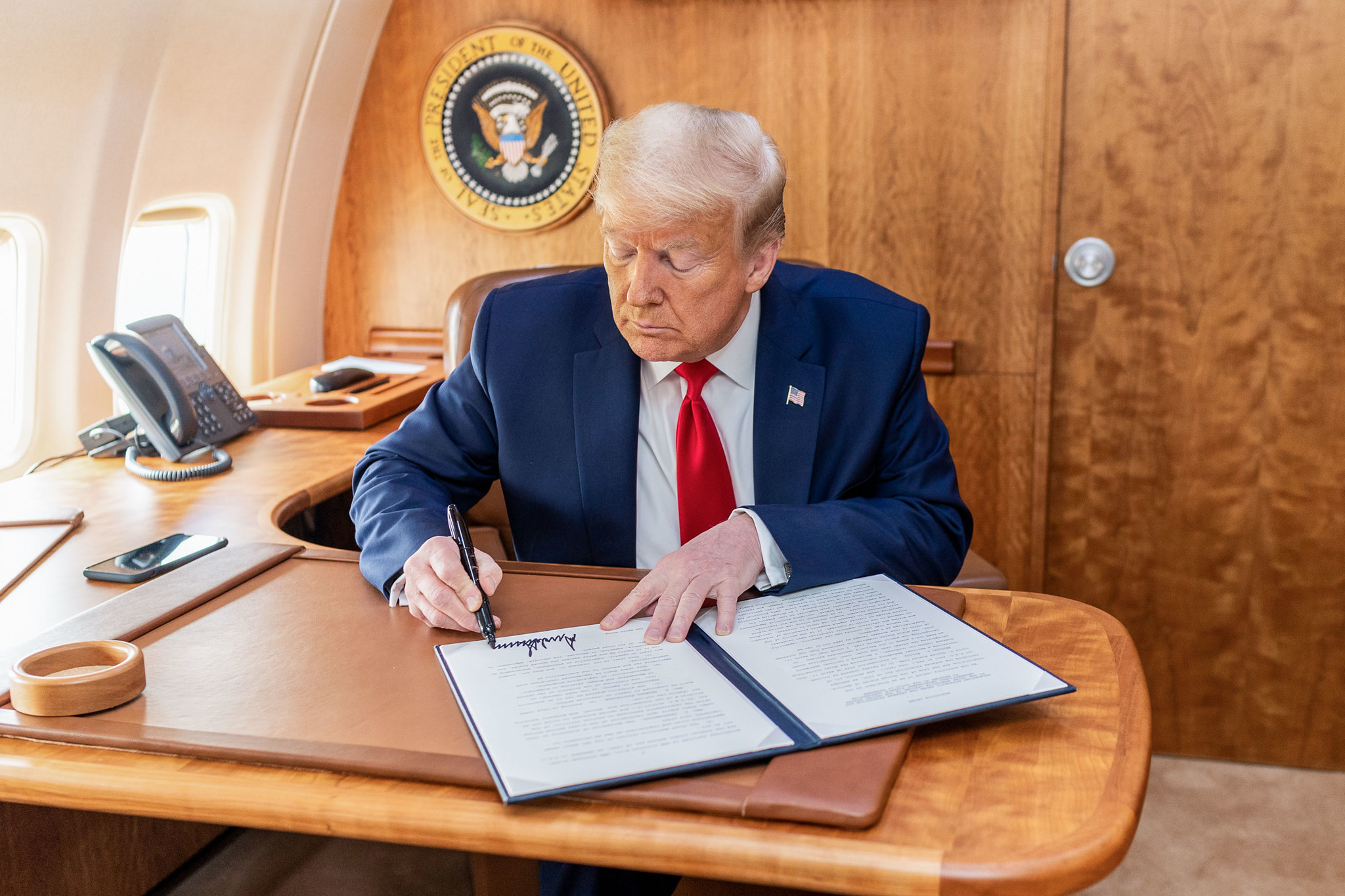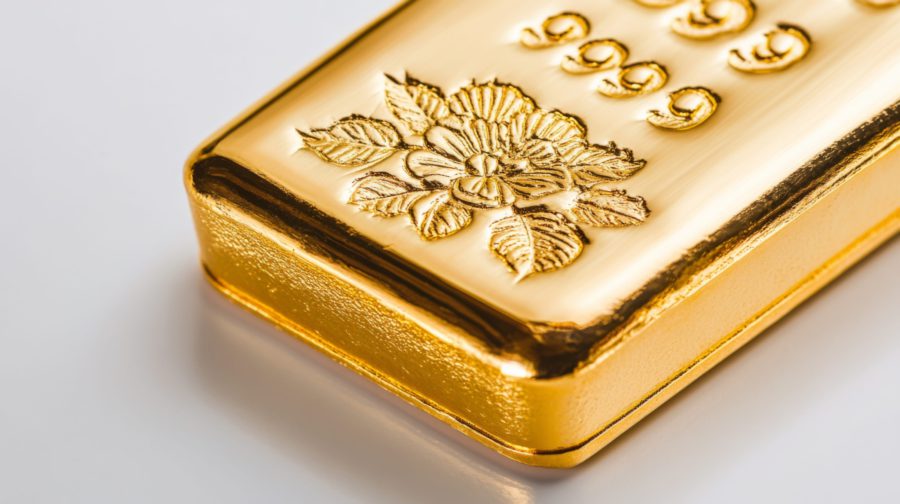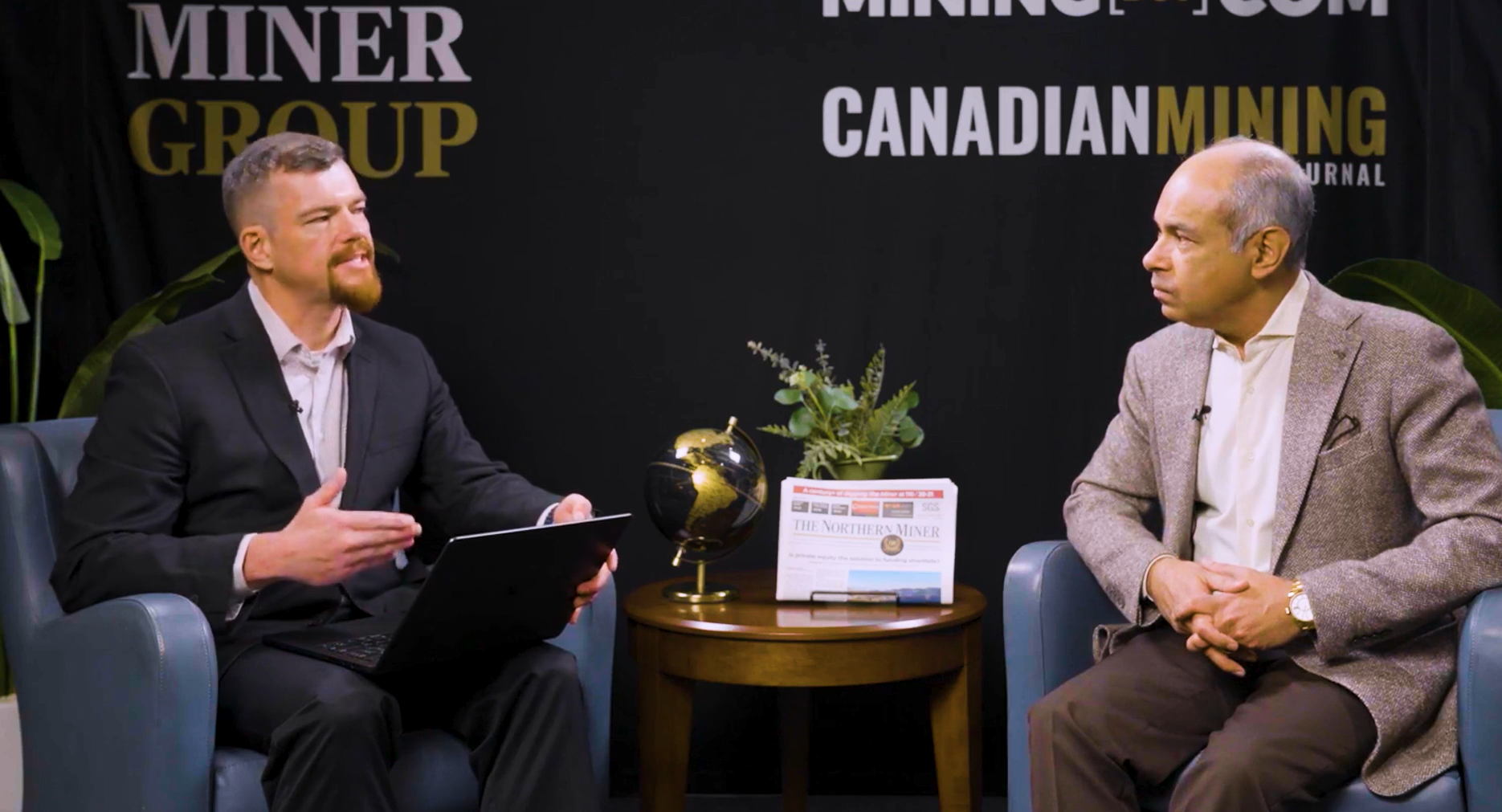Selling gold? Look no further than Khartoum

The most deep-pocketed shopper among the 150 or so boutiques in Khartoum’s gold district is the Sudanese central bank.
South Sudan split off from the country just over a year ago taking the bulk of the country’s oil revenue with it. The economy is now drained of dollars and inflation in northern Sudan is approaching 40%. GDP growth was in double digits five years ago. This year it is projected to shrink by some 7%.
FT.com (sub required) reports the way it works is that the reserve bank prints Sudanese pounds and then buys gold from traders at inflated or black-market currency rates. The bank then sells it for hard currency on the global market “at the much lower official exchange rates:”
The bank, which has an office and several agents in Khartoum’s gold market, buys nearly $200,000 worth of gold from shop owner Mahadi al Mansouri alone every week.
“If they don’t pay me this [black market] rate, I will sell it to someone else,” says Mr Mansouri, handling a grubby bowl of bangles beside a digital weighing machine.
[…]
The central bank’s lossmaking, inflationary gold trade highlights the desperate state of what one foreign official calls a “pretty thoroughly wrecked” economy. Its decision to become a gold trader was “politically motivated by the need for foreign exchange,” says Sabir Hassan, head of the ruling National Congress party’s economic team and former central bank governor.”
More News
Trump planning to stockpile deep-sea minerals to counter China: FT
April 13, 2025 | 07:56 am
Goldman Sachs upgrades gold forecast again to $3,700
April 12, 2025 | 08:05 pm
{{ commodity.name }}
{{ post.title }}
{{ post.date }}




Comments